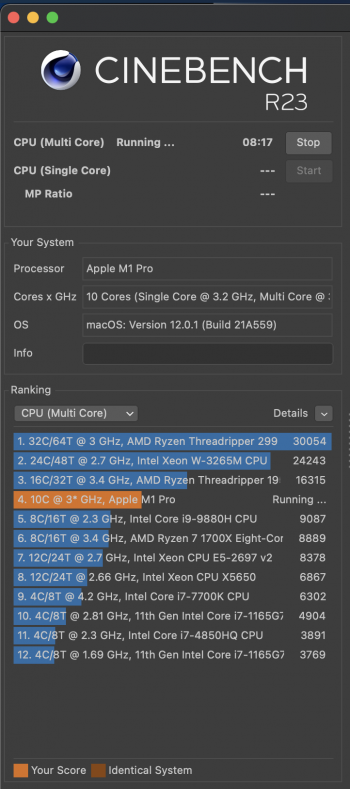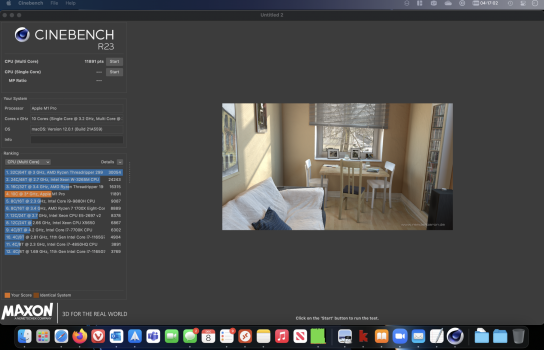Absolutely. There’s nothing to suggest that suddenly the flat improvement slope for x86 will launch upwards, and suddenly the slope of arm improvement, which has been constant for 10 years, will flatten.
That's how I see as well. Many people point to Alder Lake as a proof that x86 can still improve, but I don't really see this. Golden Cove was a massive core redesign with a radically wider frontend and OOE depth, and yet the IPC improvements remained fairly mediocre. I am not confident they can deliver systematic improvements on this path. And sure, Alder Lake has a massively better parallel throughput, but that is achieved by side-stepping the issue and throwing many low-performance, low-power cores at the problem rather than real baseline improvements. It is an engineering achievement, no questions, I am not just confident that it is scalable.



